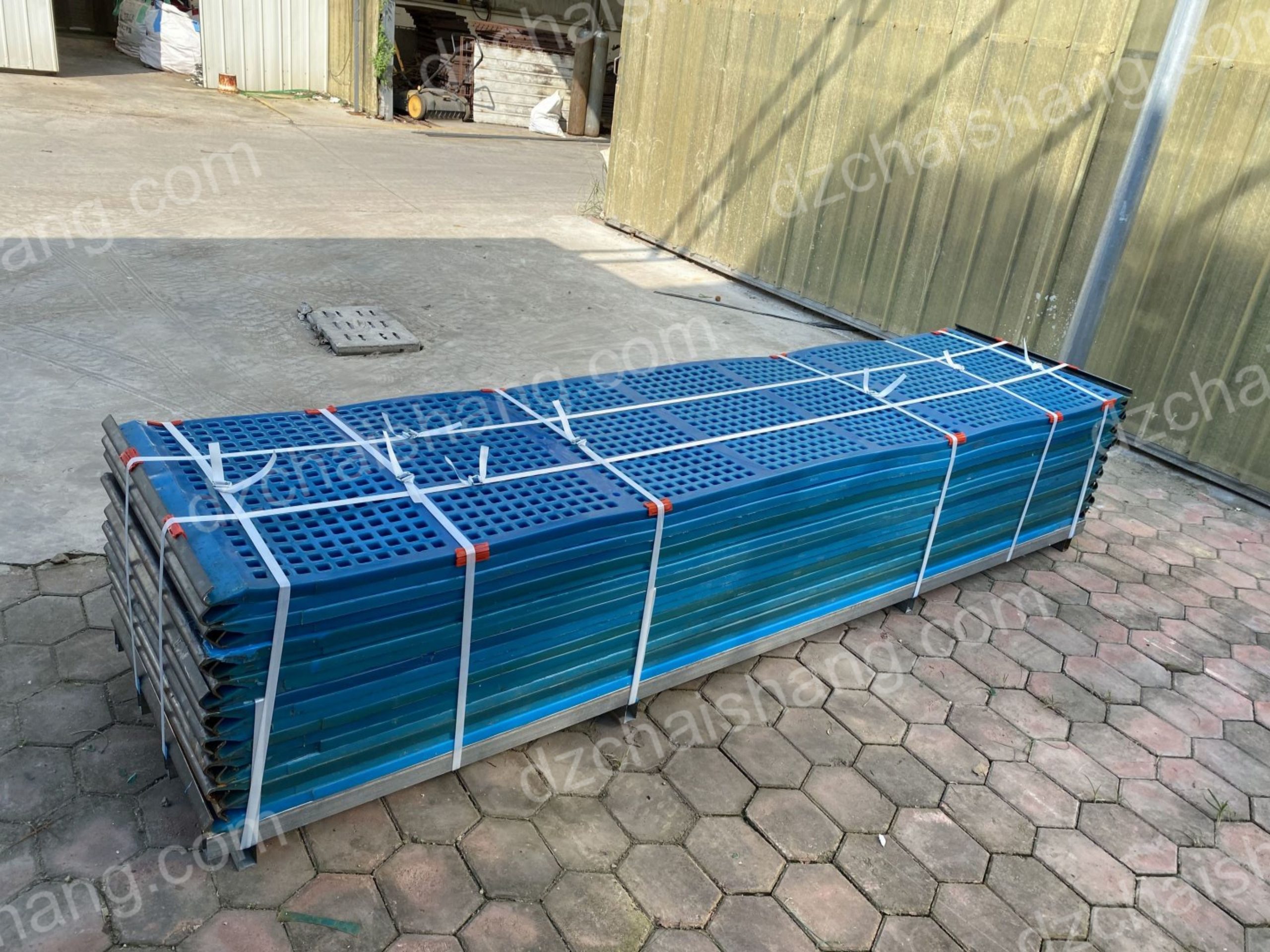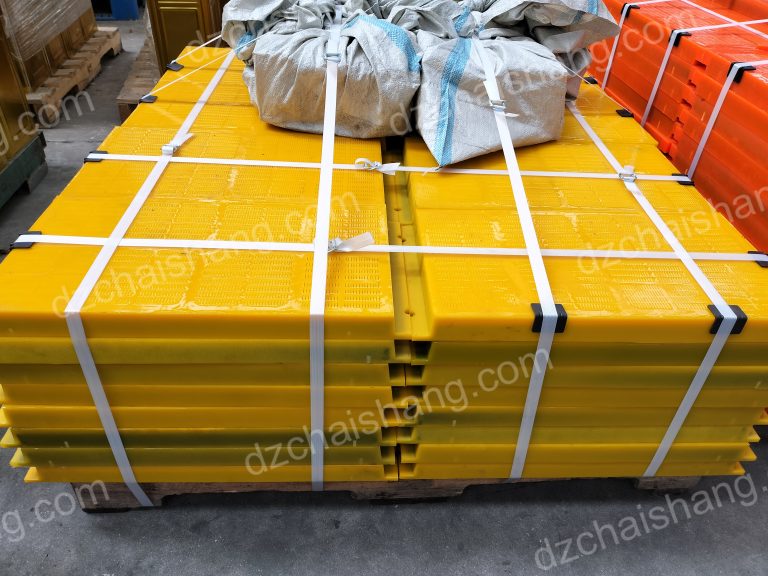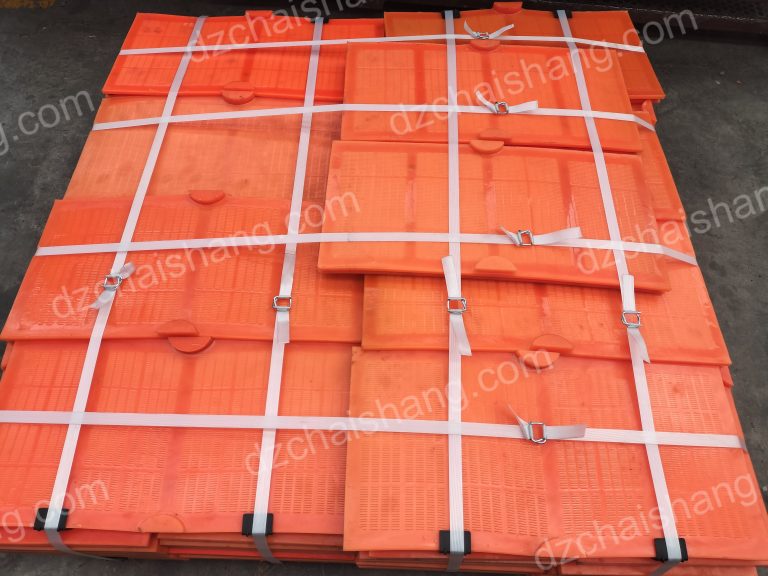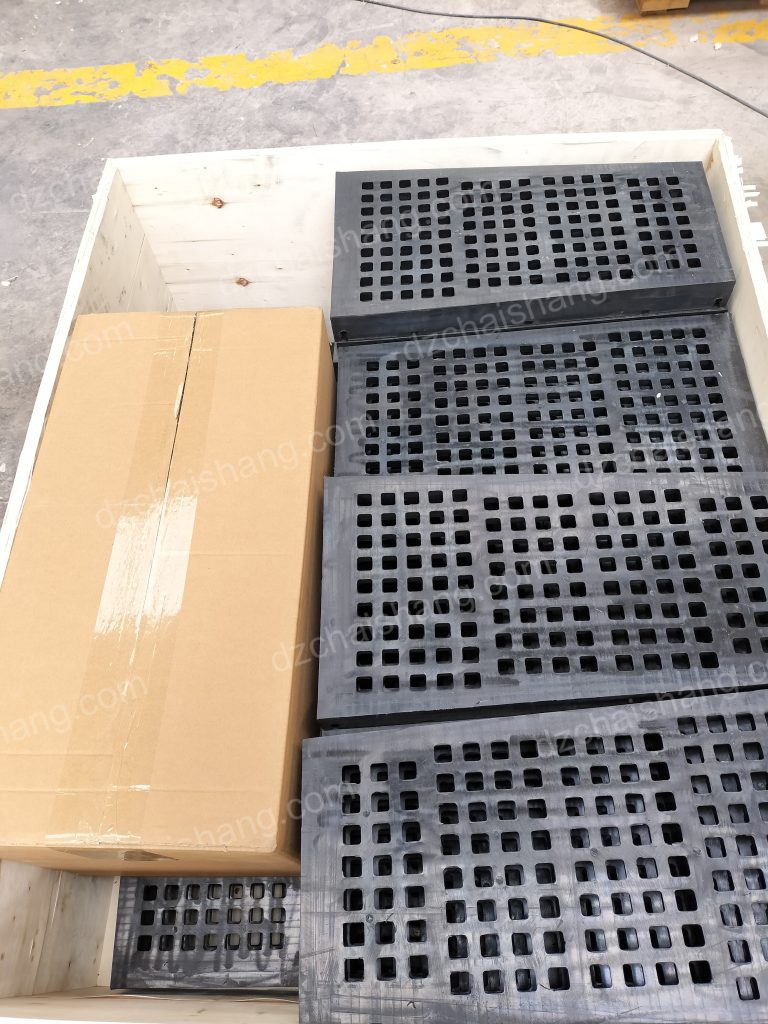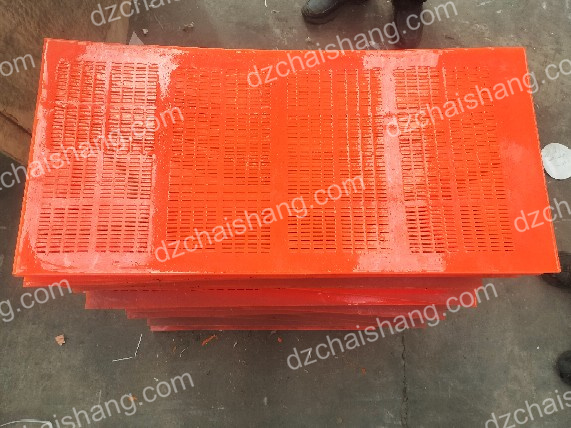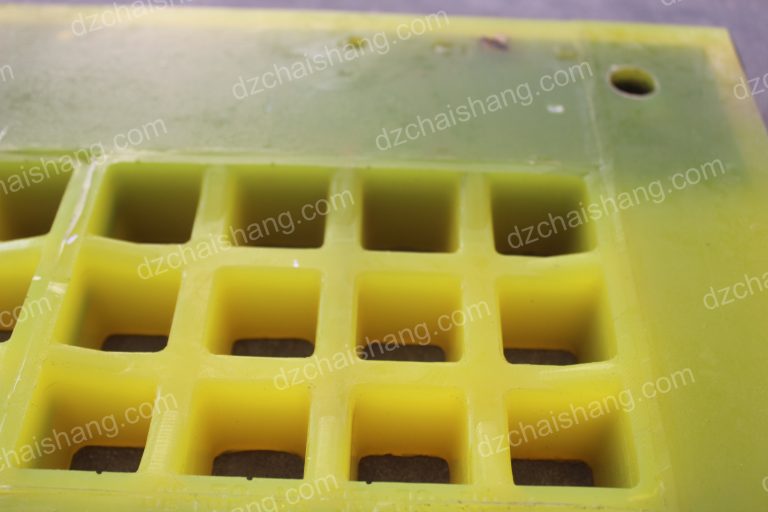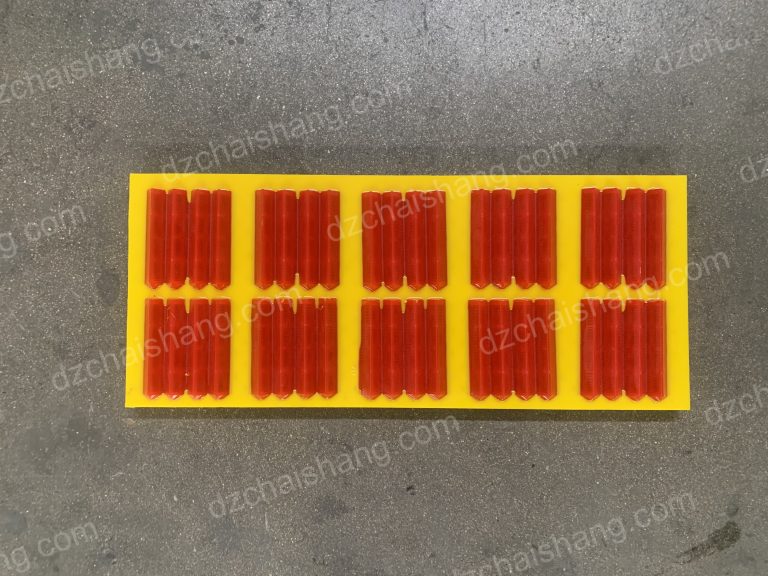As a user, what should you pay attention to when purchasing polyurethane screens and screen plates?
Quality of the polyurethane material As a user, it is important to pay attention to several factors when purchasing polyurethane screens and…
Quality of the polyurethane material
As a user, it is important to pay attention to several factors when purchasing polyurethane screens and screen plates. One of the most crucial aspects to consider is the quality of the polyurethane material used in their construction.
Polyurethane is a versatile material that offers several advantages for screen and plate applications. It is known for its durability, resistance to abrasion, and ability to withstand harsh operating conditions. However, not all polyurethane materials are created equal, and it is essential to ensure that the screens and plates you purchase are made from high-quality polyurethane.
One indicator of quality is the hardness of the polyurethane material. Screens and plates made from high-quality polyurethane will have a hardness rating that falls within a specific range. This hardness rating is measured on the Shore A scale, with higher numbers indicating a harder material. It is important to choose screens and plates with a hardness rating that is appropriate for your specific application. Screens and plates that are too soft may wear out quickly, while those that are too hard may be prone to cracking or breaking.
Another factor to consider is the tensile strength of the polyurethane material. Tensile strength refers to the maximum amount of stress that a material can withstand before breaking or deforming. Screens and plates with high tensile strength will be more resistant to tearing or stretching, ensuring a longer lifespan. It is advisable to choose screens and plates with a high tensile strength to ensure they can withstand the demands of your application.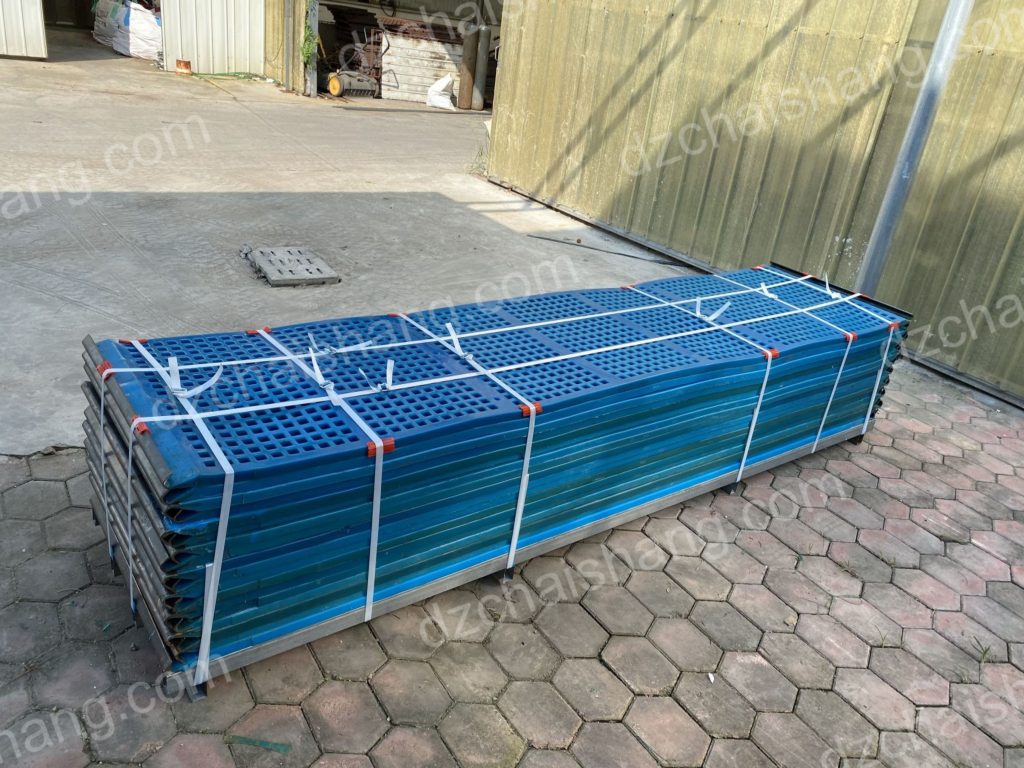
In addition to hardness and tensile strength, it is important to consider the overall quality of the polyurethane material. This includes factors such as its resistance to chemicals, UV radiation, and temperature extremes. Screens and plates that are exposed to harsh chemicals or extreme temperatures need to be made from polyurethane that can withstand these conditions without deteriorating. Similarly, if your application involves outdoor use, it is important to choose screens and plates that are UV resistant to prevent degradation from prolonged exposure to sunlight.
Furthermore, it is crucial to consider the manufacturing process used to produce the polyurethane screens and plates. Screens and plates that are made using advanced manufacturing techniques, such as injection molding, are likely to have a higher level of precision and consistency. This ensures that each screen and plate is of the same high quality, with no variations in thickness or performance. Additionally, screens and plates made using advanced manufacturing processes are less likely to have defects or imperfections that could affect their performance.
In conclusion, when purchasing polyurethane screens and screen plates, it is important to pay attention to the quality of the polyurethane material used. Factors such as hardness, tensile strength, resistance to chemicals and temperature extremes, and the manufacturing process all contribute to the overall quality of the screens and plates. By considering these factors, you can ensure that you are purchasing high-quality polyurethane screens and screen plates that will meet the demands of your application and provide long-lasting performance.

